מאבק למען הציונות
ההקלטה נערכה במרכז מורשת יהדות בבל.

שם הדובר/ת:
זמירה ששון
משתתפים בשיחה:
יהודה אברהמי
מגדר:
אישה
עיסוק:
פנסיונרית
גיל בעת התיעוד:
67
ארץ המוצא:
קהילות המוצא:
שפה:
נושאי השיחה:
תיעוד:
יהודית הנשקה
מועד התיעוד:
2017
תיעוד ושימור לשונות היהודים ותרבויותיהם ע"ש חיים (מרני) טרבלסי ז"ל
ההקלטה נערכה במרכז מורשת יהדות בבל.

לזכרה של אורידה מזיג, אישה מדהימה שפיזרה מניחוחות ג'רבה בכל מקום שהייתה בו.
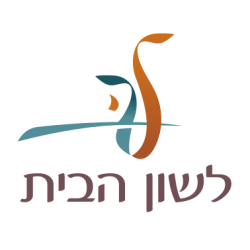
לזכרה של אורידה מזיג, אשה מדהימה שפיזרה מניחוחות ג'רבה בכל מקום שהייתה בו.
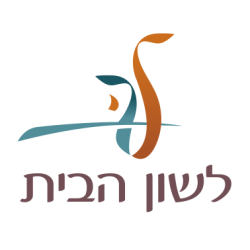


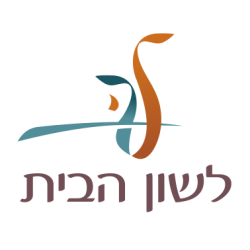
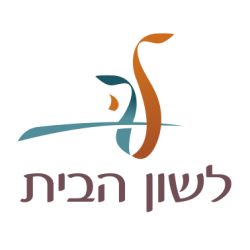
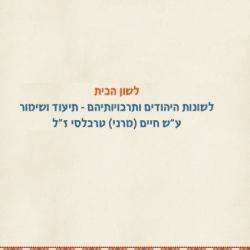
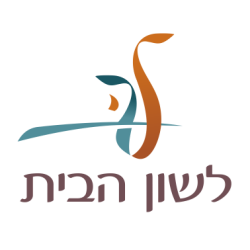
לזכר הוריי, ויקטוריה ומאיר עבדה
ההקלטה התקיימה במרכז מורשת יהדות בבל
